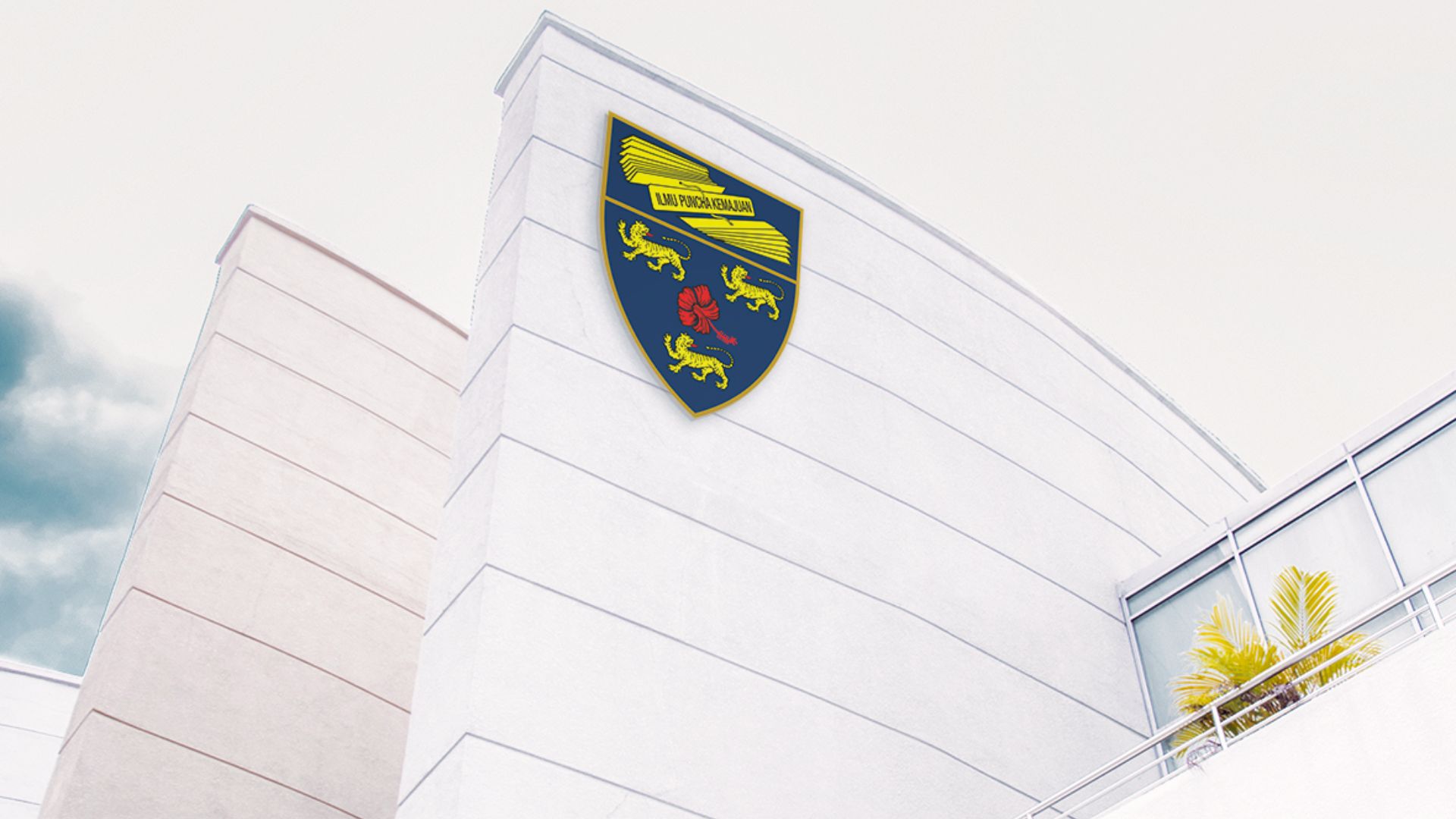Recognition of Deferred Tax Assets Practices and Conservatism
Main Article Content
Abstract
The application of IAS 12 promotes a form of conservative accounting practice, especially concerning the recognition of deferred tax assets and liabilities. In this paper, we observe whether these conservative practices are also evident in Malaysia. We examine one book-tax difference that may have an impact on the adoption of IAS 12 in Malaysia. This rule concerns the treatment of losses or allowances under normal business operations (category I) and those types of business that are granted tax incentives (category II). We propose that companies are more conservative if they recognise less deferred tax assets due to unabsorbed tax losses and allowances and vice versa. We also identify whether any distinct patterns exist among industries and auditor type with the recognition of deferred tax assets. Using descriptive and inferential statistics, we analyse the recognition of deferred tax assets practices for 880 public listed companies. Two main conclusions can be made from the findings. Firstly, Malaysian companies reflect a high degree of conservatism in their practices of adopting FRS 112. Secondly, a further analysis shows that companies in the Plantation, Properties and Construction Industry show significant differences in their level of conservatism while Big-4 auditors also show higher levels of conservatism.
Downloads
Article Details
License
The Asian Journal of Accounting Perspectives (AJAP) articles are published under a licence equivalent to the Creative Commons Attribution-NonCommercial-NoDerivs License (CC BY-NC-ND). The licence allows users to copy, distribute, and transmit an article as long as the author is attributed. The article is not used for commercial purposes. The work is not modified or adapted in any way.
Copyright
Authors are required to sign the Exclusive License to Publish agreement upon publication in the AJAP. The agreement grants the Publisher (Faculty of Business and Accountancy, Universiti Malaya) to publish and disseminate the articles.
Open Access
Articles published in the AJAP are digital, online, free of charge, and free of most copyright and licensing restrictions.
Article Processing Charge
Articles publish in AJAP is free submission, production and publication charges. However, all accepted articles are required for language editing. The AJAP officially appointed and outsourced proofreader will conduct this process, and the authors will cover the cost. AJAP does not profit from this process and transaction.

